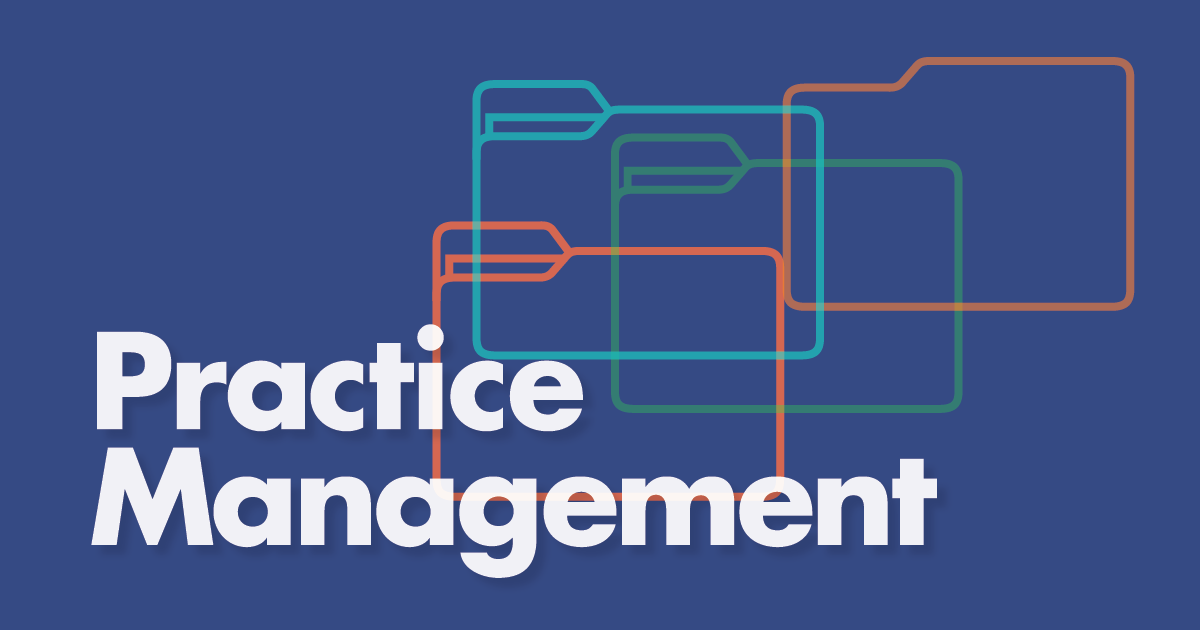Fake invoices from at least one company are making the rounds in California, with several dentists contacting CDA for advice on how to handle the scam.
The dentists, including CDA members in Bakersfield, Fresno and Los Angeles, report receiving invoices from Pinnacle Medical Supply for products that neither they nor any of their staff members ordered. One dental practice received an invoice for $252 for a three-pack of glucose test strips. Seven fake invoices from Pinnacle Medical or Pinnacle Medical Supply were reported in April using the Better Business Bureau’s online BBB Scam Tracker, and reports of the scam have also made it into Dentaltown Magazine’s message boards.
The “fake invoice” is one of the more common scams targeting dental offices and other small businesses, according to the Federal Trade Commission. But dental practices and others on the receiving end of the scam can take simple steps to both report the scam and avoid falling victim to it.
“Sending a letter to the invoicing company is not required, but it is usually the fastest way to put a stop to the company’s practice,” says Teresa Pichay, CDA regulatory compliance analyst.
Dentists can use a sample letter available from CDA Practice Support to notify the company that practice staff were able to determine, after reviewing records, that they did not order the invoiced material that was delivered to them. The letter further advises the company that because they received unordered merchandise, they are allowed by federal and state law to use or dispose of the merchandise as they see fit and are not obligated to pay for it.
“Keep a copy of the letter,” Pichay advises. And if the company asks that the product be returned, Pichay says it is OK to do so “as long as the company pays for all return-shipping costs.”
If the dental practice sends this letter but continues to receive invoices for the unordered product, the practice may choose to file a formal complaint with the FTC or the California Office of the Attorney General.
Additionally, as in the case of the Pinnacle Medical Supply invoices — and for any unordered merchandise sent via the U.S. Postal Service, dentists also have the option of filing a complaint directly with the USPS by phone (800.275.8777) or online.
Inspect invoices, train staff
Pichay says dental practices can take steps to avoid falling victim to the fraud.
“The scammers hope that the busy dental office will see familiar product names or product types, assume they were ordered — by someone — and pay the invoice,” Pichay says.
FTC guidance encourages small businesses to always inspect their invoices and to train their staff to recognize the scam. Practices might, for example, compile a list of companies they typically order supplies from, which will be especially helpful if they don’t have a purchase order system in place. They might also designate one or two specific employees to approve purchases and pay bills since these staff would be most likely to recognize an unfamiliar supplier or questionable order.
Access the CDA resource “Receipt of Unsolicited Products or Services,” which includes the sample letter referenced in this article, at cda.org/practicesupport.

